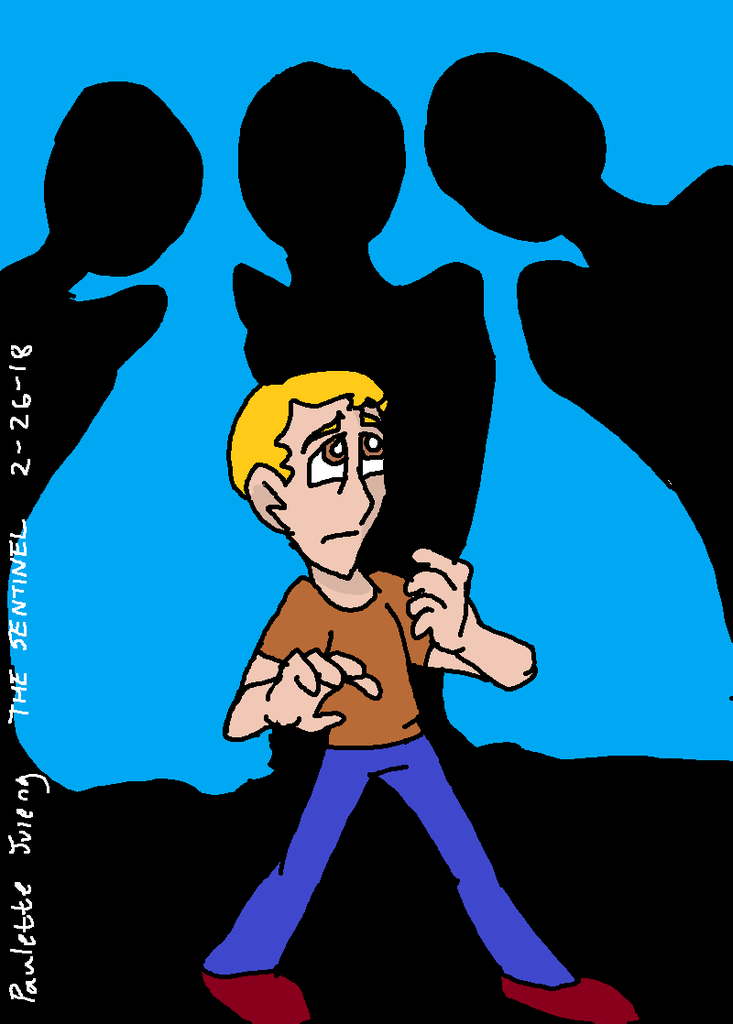First theorized in 1956 by Gilbert Plass in his Carbon Dioxide Theory of Climate Change, the world has been faced with an impending issue of global surface warming for decades. Climate scientists have determined that there is an undeniable link between climate change and human activity since the mid-20th century, according to the National Aeronautics and Space Administration.
In recent years, however, humanity has been forced to confront the reality of the effects of climate change.
The effects of climate change that are directly impacting the everyday quality of life of global citizens are primarily extreme weather events as a result of global warming. These extreme weather events include storms, heatwaves and floods — among others. Developing countries are much more likely to fall victim to these extreme weather events, according to the Global Climate Risk Index from 2021.
Risks and vulnerability to the repercussions of climate change are systemic and interconnected.
Residents in Vietnam, Indonesia and India report the highest expectations of climate change significantly affecting their lives, according to a study by YouGov.
In general, the global residents in the eastern hemisphere are much more likely to perceive climate change as a threat to their quality of life than those in the west hemisphere. Those in the west tend to perceive climate change as an issue that happens to other people, despite its increasingly impending threat to global health, according to YouGov.
However, in addition to the immediate weather related effects of climate change, this phenomenon also threatens to manufacture issues like resource scarcity, famine, food insecurity and regional conflicts, according to Psyschology Today.
Psychological experts posit that the results of these issues will be an increase in PTSD, anxiety and depression — an issue that will affect residents all over the globe, though those living in less developed countries continue to be at higher risk.
In 2021 alone, the world has seen drought, dust storms, record high temperatures, the Pacific Northwestern heat dome, flooding, and multiple hurricanes.
Climate change has taken hundreds of casualties this year and displaced thousands, according to Pscyhology Today. It’s predicted that this trend will continue into the future.
Getting involved in civilian advocacy groups, making contact with representatives to encourage climate reform policy, and pressuring corporations with high carbon emissions to reform their business practices are some of the highest impact ways one can attempt to slow the effects of climate change.
Residents of Kennesaw, Georgia may not be faced with immediate danger as a result of increasing global temperatures, but millions of people around the world are impacted by the decisions that our government and corporations make every day. It is everyone’s responsibility to remember that the health of humans, in general, is at stake in the climate crisis.
No one can forget that these inclement events pose a threat to global health and wellbeing—the first step to positive change is education and a desire to make an impact.

